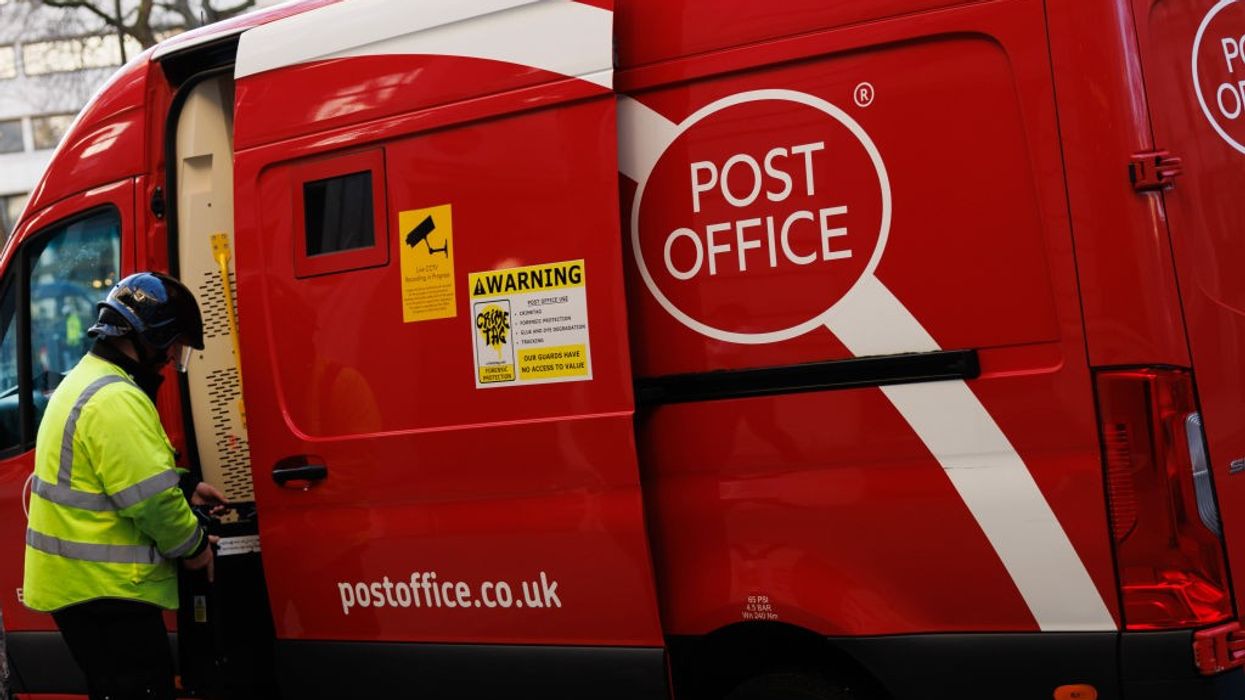THE POST OFFICE has agreed to compensate hundreds of former sub-postmasters after their personal data was accidentally published on its corporate website.
The breach, revealed in June 2023, exposed the names and addresses of 555 people who were part of the Horizon IT scandal.
According to the BBC, affected individuals will receive either £5,000 or £3,500, depending on whether they were living at the published address at the time. Higher payouts may be available for those who choose to pursue further claims.
The Post Office has apologised for the breach and said it is working in “full co-operation” with the Information Commissioner’s Office. Former chief executive Nick Read had previously described the leak as a “truly terrible error.”
Law firm Freeths, which represented 555 sub-postmasters in a 2017 High Court case, confirmed it secured the payouts. Of the 420 clients Freeths represents in a separate compensation process, 348 have already received payments.
Chris Head, a former sub-postmaster, said the mistake took “far too long to right” and described its emotional toll. Freeths partner Will Richmond-Coggan told BBC the agreement required no formal claims and allows further action.
The Post Office urged affected individuals to get in touch directly or through their solicitors.

